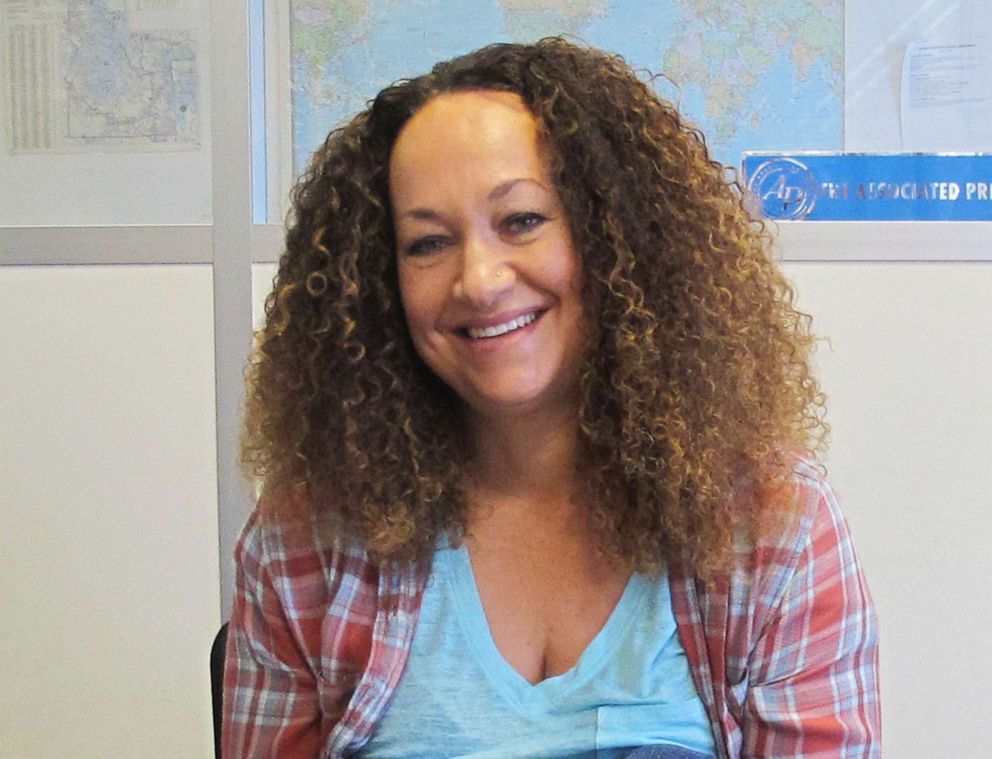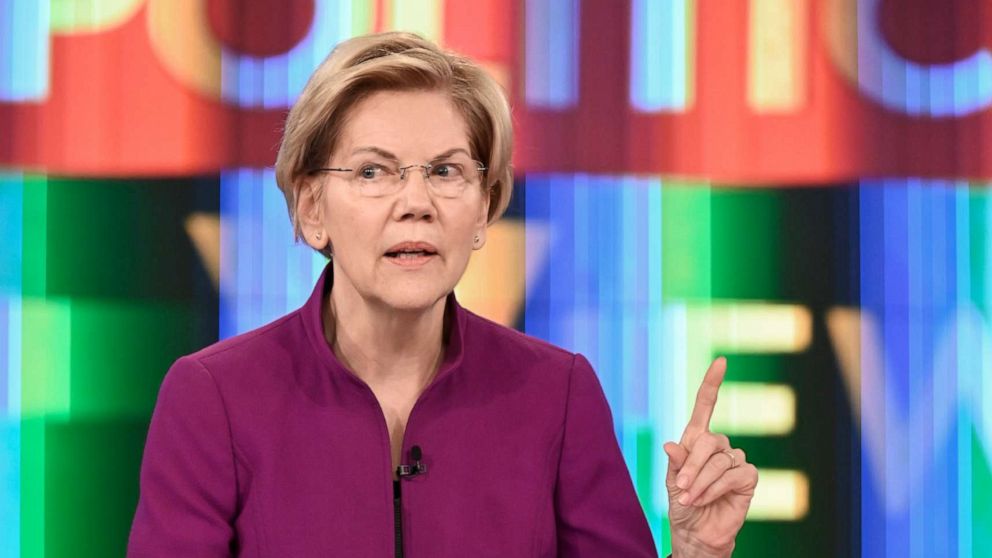[ad_1]
In an interview on “The Breakfast Club” Friday morning, Sen. Elizabeth Warren was asked a host of questions about her Native American ancestry claims and compared to Rachel Dolezal, the former NAACP leader who was outed as a white woman pretending to be black in 2015.
Interested in Elizabeth Warren?
Add Elizabeth Warren as an interest to stay up to date on the latest Elizabeth Warren news, video, and analysis from ABC News.
“I grew up in Oklahoma, I learned about my family, the same way most people learn about their family, from my momma and my daddy and my aunts and my uncles, and it’s what I believed,” Warren said about her previous claims to be of Native American heritage.
“But I’m not a person of color. I’m not a citizen of a tribe. And I shouldn’t have done it,” she said.
Charlamagne Tha God, a co-host of the morning radio program that has become an increasingly popular platform for candidates looking to reach young, minority voters, asked Warren if she would choose not to take a DNA test to prove her heritage, which she did in October and which was largely criticized by tribes who said DNA was a separate discussion from tribal identity and citizenship. Warren revealed the DNA test after constant attacks from the president, who frequently calls Warren “Pocahontas,” a nickname that some critics say amounts to a racial slur.
 Nicholas K. Geranios/AP, FILE
Nicholas K. Geranios/AP, FILE
Pocahontas was a historical figure often revered for her role as a Colonial-era emissary.
Warren said she couldn’t “go back now,” but that she can “try to be a good partner” moving forward. “I’m not a person of color. I’m not a citizen of a tribe. And tribal citizenship is an important distinction. And not something I am,” Warren said.
Chalamagne then compared Warren to a woman who rose to the headlines in 2015 who claimed she was black and had risen through the ranks at the NAACP. Her parents eventually told the media that she was white.
“You’re kind of like the original Rachel Dolezal, a little bit. Rachel Dolezal was a white woman pretending to be black,” he said to Warren.
“Well, this is just what I learned from my family,” she responded.
Warren’s campaign did not respond to an ABC News request for comment.
The host also asked her if she’d benefited from stating Native American as her heritage, such as writing “American Indian” on a State Bar of Texas registration card in 1986, which the Washington Post reported in February. DJ Envy, another co-host, asked if she had received a discount to go to college, referencing the government’s program for Native American education grants.
“Nope. Boston Globe did a full investigation. It never affected – nothing about my family ever affected any job I ever got,” Warren said.
Warren was also asked about her past as a Republican, which she was registered as until the late 1990s.
“So what made you register as a Republican back then? Because that’s the Reagan years, that’s the War on Drugs,” Charlamagne asked her.
Warren, who has been a pacesetter for policy ideas in the 2020 cycle, said she wasn’t “politically active” during those years and eventually broke into politics to get into “the policy end of it.”
Charlamagne said that Warren had “a lot of confusion back in the day” between her Native American heritage and switching political allegiances.
“You know, a big part of it was when I got into the fights over — you gotta make the law reflect our values, you gotta have a law that doesn’t just work for those at the top and that works for everyone else,” Warren said, circling back to different policies she’s proposed ahead of the 2020 election.
In large part, the majority of the nearly hour-long interview was spent discussing Warren’s plans for historically black colleges and universities, which she wants to give $50 billion in grants to, and addressing redlining that held black homeowners back until the 1960s with new affordable housing units.
Warren also talked about her support for reparations, though she said she had yet to hear a conclusive decision from experts on the best way for the reparations to be paid to the descendants of those who were enslaved in the U.S.
But hours later, it was Dolezal who was trending on Twitter.
America Rising, a Republican opposition research PAC, posted the video on their YouTube and was using it to fundraise on Twitter.
Warren isn’t the first politician to land in hot water on the show. Earlier this year Sen. Kamala Harris drew criticism when she was asked directly if she ever smoked marijuana. Harris confirmed she smoked, and was asked what music she listened to at the time.
Harris said she listened to rappers Snoop Dogg and Tupac Shakur while she was in college. Both rappers however were not producing music by the time she graduated in 1986.
Former Sen. Hillary Clinton was asked on the show what item she always carries with her, her response was hot sauce.
ABC News’ Beatrice Peterson contributed to this report.
[ad_2]
Source link

